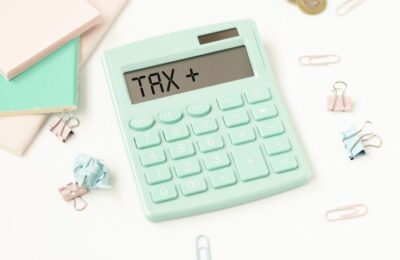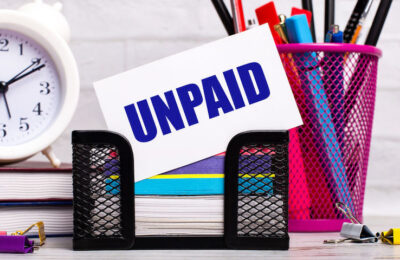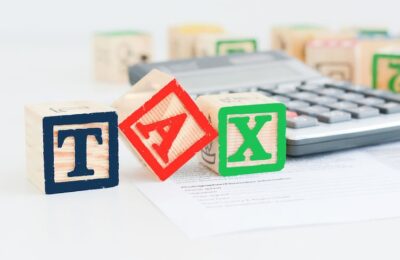Over the last few years, we have become increasingly familiar with debt respite schemes. Thanks to the pressures of the COVID-19 pandemic, we’ve seen large numbers of people take out everything from mortgage holidays to car finance payment breaks. However, for many years, debt charities have campaigned for a permanent Breathing Space debt respite scheme. As of 2022, this scheme now exists: Debt Respite Scheme (Breathing Space) – these regulations can now give someone in debt certain legal protections from their creditors.
What is the Breathing Space debt respite scheme?
In a nutshell, if someone is having problem paying their debts, they can apply for a break that lasts for up to 60 days. During this time, most enforcement action by creditors must be paused, as must the majority of contact from creditors. Most interest and charges on a person’s debts are also frozen.
A second type of Breathing Space is available for people receiving mental health crisis treatment. This period last as long as the person is receiving mental health crisis treatment, plus a further 30 days.
How can people apply for a Breathing Space?
If someone is struggling with their debts, there are two ways in which they can obtain a Breathing Space. The process can be started by either:
- A debt advice provider authorised by the FCA to provide debt counselling
- A local authority (as long as it provides debt advice to residents).
For people undergoing mental health crisis treatment, the route to a Breathing Space is different. The following people can apply to a debt advice provider on the person’s behalf:
- The debtor who is receiving crisis treatment
- Their carer or care co-ordinator
- Approved mental health professionals, mental health nurses or social workers
- Independent mental health advocates or mental capacity advocates appointed for the debtor
- A representative for the debtor.
What are the eligibility criteria?
For a standard Breathing Space, the debtor needs to fulfil a number of criteria. Firstly, the debt advisor must agree the person cannot or is unlikely to be able to repay some or all of their debt. In addition, the debtor must:
- Be an individual (i.e. not a company)
- Owe a qualifying debt (see below)
- Live (or usually live) in England or Wales
- Not have an IVA, debt relief order, an interim order or be an undischarged bankrupt
- Not already have had a standard Breathing Space in the last 12 months
The rules are different for a mental health crisis Breathing Space. In addition to the above criteria, if a person is receiving mental health crisis treatment, they can apply for a Breathing Space. It doesn’t matter whether they have had a standard Breathing Space in the last 12 months. Also, there is no limit to the number of times a debtor can enter a mental health crisis breathing space.
Which debts are eligible?
Most debts are qualifying debts. These include credit cards, personal loans, overdrafts, utility arrears, mortgage or rent arrears, store cards etc. However, for secured debts such as mortgages or hire purchase agreements, only arrears qualify – not upcoming payments. Other debts that are not eligible include fines imposed by a court, student loans, child maintenance payments and more. You can find a full list here.
What if I’m owed money by someone on a Breathing Space?
If the person’s debt to you becomes subject to the Breathing Space scheme, you and your agents must stop enforcement action for the relevant period. You can’t give notice about collecting the debt, nor can you take or sell any of the debtor’s goods. You can only contact the debtor about things that are not related to the Breathing Space debt, unless the debtor specifically asks you to communicate about it or about a debt solution. There are other exceptions, but be sure to refer to Government guidance to avoid breaking the law.
However, it’s worth noting that if a debtor does not pay ongoing liabilities during a standard Breathing Space, their debt advisor may decide to cancel it. Creditors can also ask the debt advisor to undertake a Breathing Space review under certain circumstances.
When a Breathing Space ends, you can resume applying interest, fees, penalties and charges – but these normally must not be backdated to include charges during the Breathing Space period.
What do I do next?
If you are struggling with debts, then get debt advice as soon as possible. A good place to start is the StepChange debt charity, which offers free advice.
If you are owed money by someone who has successfully applied for a Breathing Space, then make absolutely sure you comply with the new rules. You can find the full legislation here, but you may want to take legal advice before embarking on any action.
About Ben Locker
Ben Locker is a copywriter who specialises in business-to-business marketing, writing about everything from software and accountancy to construction and power tools. He co-founded the Professional Copywriters’ Network, the UK’s association for commercial writers, and is named in Direct Marketing Association research as ‘one of the copywriters who copywriters rate’.












